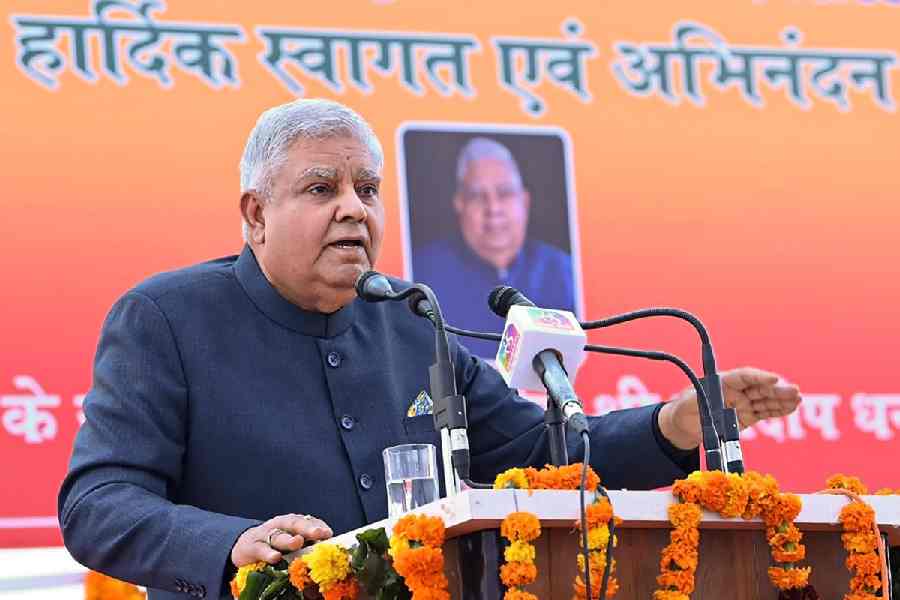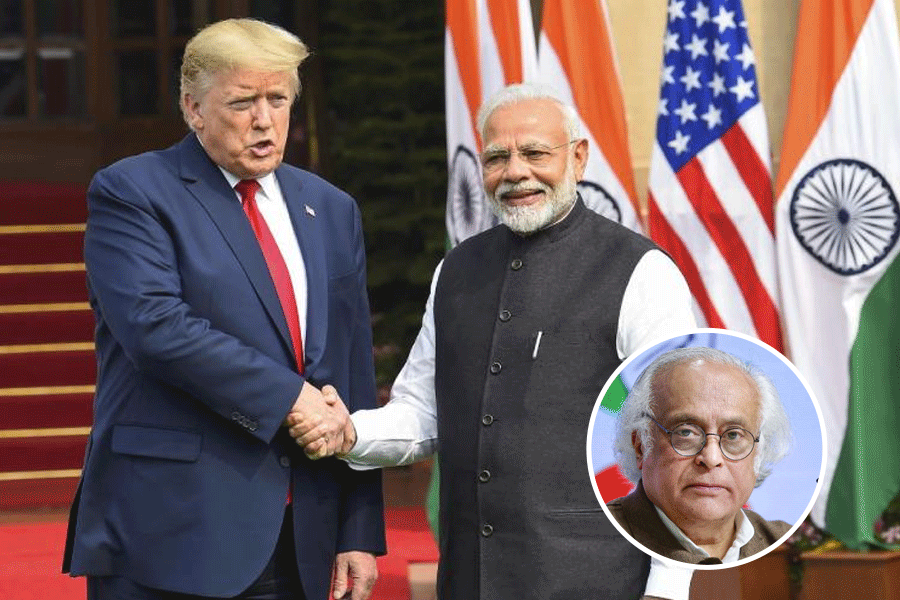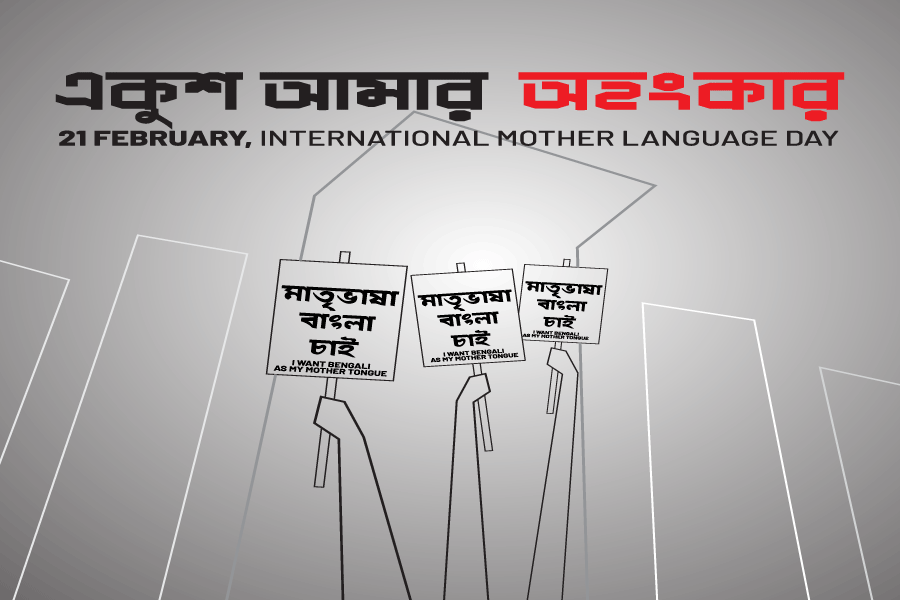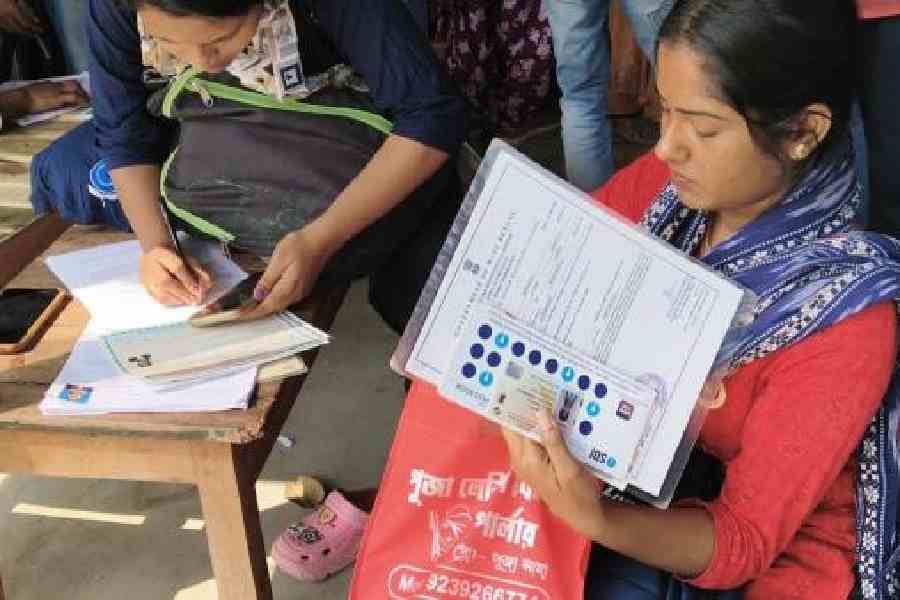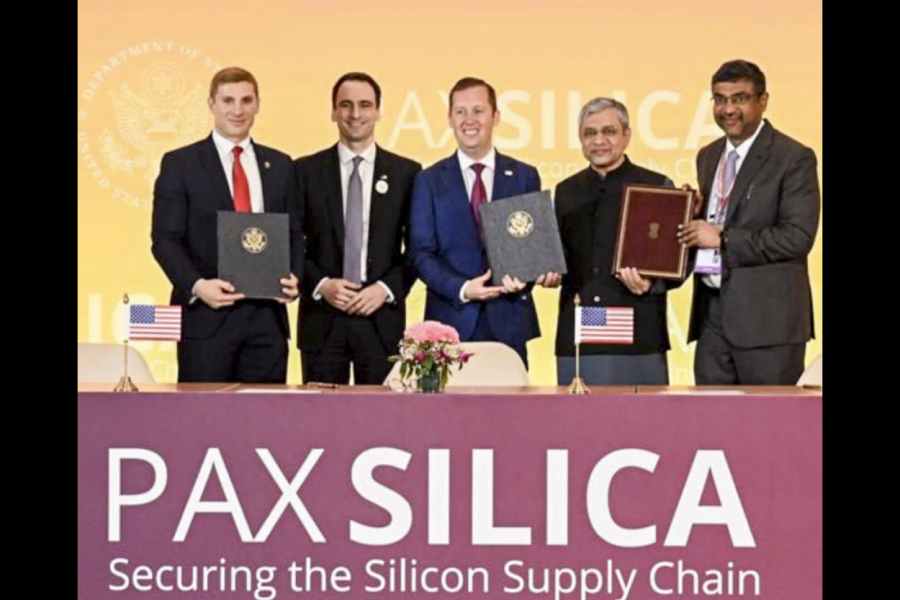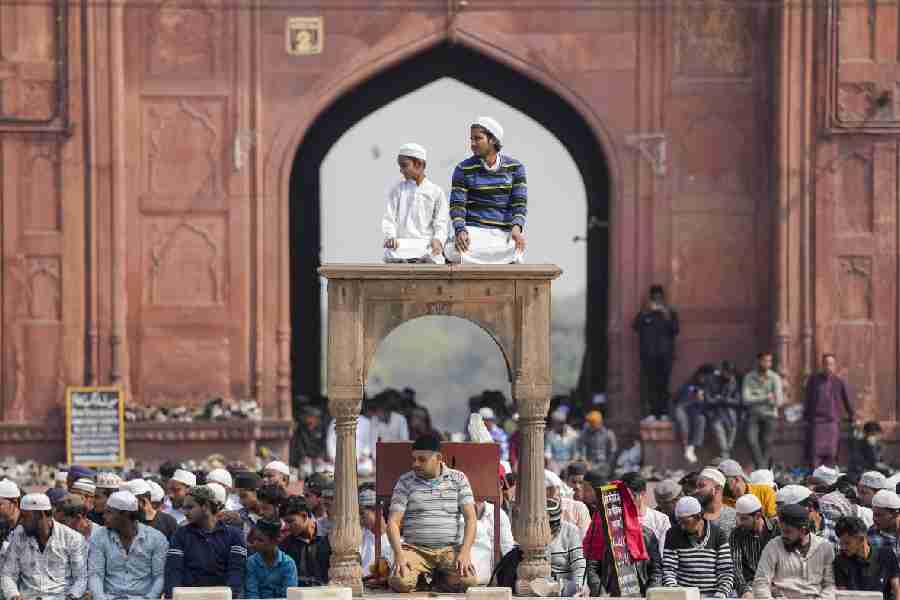The three new laws -- the Bharatiya Nyaya Sanhita, the Bharatiya Nagarik Suraksha Sanhita and the Bharatiya Sakshya Act -- have unshackled the Indian Criminal Justice system from its colonial legacy while keeping the focus on justice rather than punishment, Vice-President Jagdeep Dhankhar said on Wednesday.
Speaking after releasing a postal special cover to commemorate the 100th birth anniversary of legal luminary late Justice Konda Madhav Reddy, former Chief Justice of Andhra Pradesh and Mumbai High Courts, Dhankhar here said he is happy to note that all three organs (of the state) -- the judiciary, the executive and the legislature are performing commendably and catalysing the unprecedented rise of Bharat.
The legal landscape of Bharat has undergone great affirmative change in recent months, which will have tremendous positive impact on its progress, and on the welfare of one-sixth of humanity, he said.
During the past decade, significant strides have been made in the judicial system, with an emphasis on digitalisation through the eCourts project and the National Judicial Data Grid, he said.
These have not only enhanced transparency and accessibility, but have resulted in reduction in pendency of cases, the vice-president added.
Major legal reforms included the establishment of commercial courts and amendments to arbitration laws, aiming at faster dispute resolution, he said, adding that initiatives such as the National Legal Services Authority (NALSA) strengthen legal aid mechanisms for the underprivileged sections of society, ensuring access to justice for all.
He also said that it is noteworthy that under the current Chief Justice of India, the Supreme Court has taken several critical steps, including making the judiciary accessible to people in their own language, the vice-president said.
"The SC has gone paperless, and even the Courts (including advocates) are performing paperless. 99 per cent of the district courts are connected to the respective high courts, and the high courts are moving towards a paperless ecosystem," he said.
Speaking of the achievements of the legislature, he highlighted the three new (criminal code) bills introduced recently and given assent by the President of India.
"The new laws -- the Bharatiya Nyaya Sanhita, the Bharatiya Nagarik Suraksha Sanhita and the Bharatiya Sakshya Act -- have unshackled the Indian Criminal Justice system from its colonial legacy, while keeping the focus on justice rather than punishment. It is a monumental, revolutionary change from 'dand vidhan' to 'nyaya vidhan'," Dhankhar said.
President Droupadi Murmu on Monday gave assent to the criminal justice bills, turning them into laws.
The Bharatiya Nyaya Sanhita, the Bharatiya Nagarik Suraksha Sanhita and the Bharatiya Sakshya Act will replace the colonial-era Indian Penal Code, the Code of Criminal Procedure and the Indian Evidence Act of 1872.
Lauding the passing of the Women's Reservation Bill by Parliament, which seeks to provide 33 per cent reservation to women in the Lok Sabha and state assemblies, the vice-president said it was another just landmark in our legal landscape.
This law marks a long overdue measure that would give women their rightful place in our democracy, and amplify the voice of one half of our society, he said.
According to him, India’s digital penetration has been so very impactful that digital transactions of 2022 were four times the combined transactions of USA, UK, France and Germany.
The per capita internet consumption of the country is more than that of the USA and China taken together while India’s UPI (unified payment interface) has been adopted even by countries like Singapore, Dhankar said.
The most transformative steps have been undertaken by the government through public participation, highlighting the strength of our democracy -- from undertaking a nationwide 'Swachh Bharat' campaign to bringing nearly a billion people online through a path-breaking digital public infrastructure push, which has been lauded by the World Bank and IMF, he said.
"We are witnessing a path-breaking public infrastructure push. The face of Bharat we are seeing today is markedly different from what we have seen even a decade ago. Just a decade ago we were part of the ‘Fragile Five’, but now we are the fifth largest economy in the world and on the way to becoming the third largest global economy,” Dhankhar noted.
Prime Minister Narendra Modi reminded the world of "what unites us, rather than what divides us", he said and pointed out that inclusive, ambitious, action-oriented, and decisive — these four words defined our approach as G20 president.
"As a result of these actions, we are today recognised as the fastest growing largest economy and a hot favourite destination for investment and opportunity, as per the World Bank," he said.
Dhankhar recalled that when he was an MP and minister in the union government in 1989, the country had to send its gold in physical form to Swiss banks to sustain our fiscal credibility and viability. "Now our forex reserve is more than USD 600 billion," he said.
"I have no hesitation to say that the leadership our PM Narendra Modi has brought about this big change, such that our passport carries a different meaning and our voice is heard globally at a level that we state our point and don’t follow anybody’s point of view," the vice-president added.
Telangana Governor Tamilisai Soundararajan and Telangana High Court Chief Justice Alok Aradhe were among the dignitaries present.

